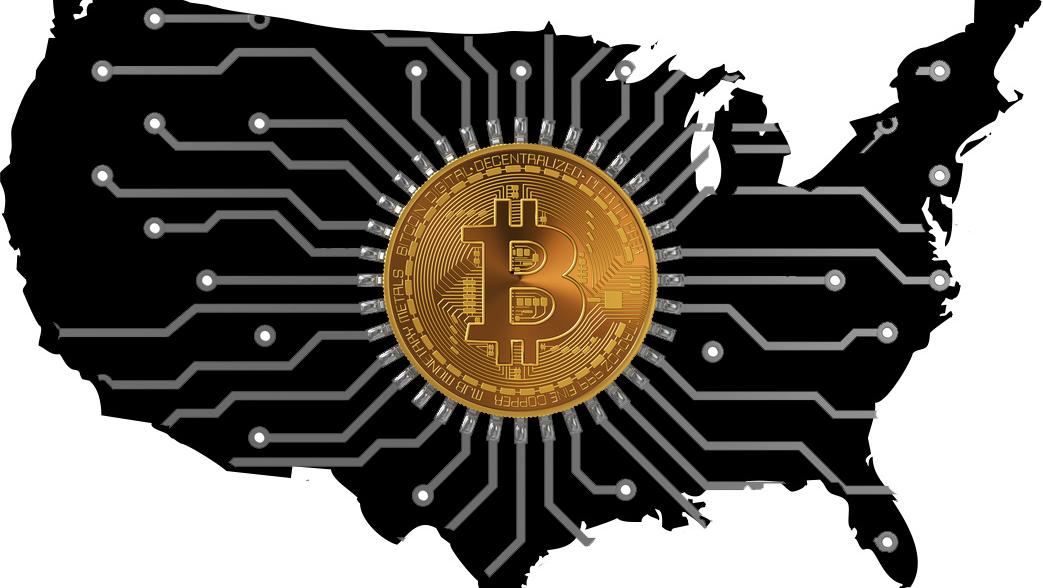PALO ALTO, Calif. (Reuters) - The Federal Reserve is looking at a broad variety of concerns around digital payments and currencies, consisting of policy, design and legal factors to consider around potentially providing its own digital currency, Guv Lael Brainard said on Wednesday. Brainard's remarks suggest more openness to the possibility of a Fed-issued digital coin than in the past." By transforming payments, digitalization has the possible to provide greater worth and benefit at lower cost," Brainard said at a conference on payments at the Stanford Graduate School of Company.
Reserve banks globally are debating how to handle digital financing innovation Great site and the dispersed journal systems used by bitcoin, which assures near-instantaneous payment at possibly low cost. The Fed is establishing its own round-the-clock real-time payments and settlement service and is presently reviewing 200 remark letters sent late The original source in 2015 about the proposed service's design and scope, Brainard stated.
Less than two years ago Brainard told a conference in San Francisco that there is "no engaging showed need" for such a coin. However that was prior to the scope of Facebook's digital currency aspirations were extensively understood. Fed authorities, including Brainard, have actually raised concerns about consumer protections and data and privacy risks that might be presented by fedcoin a currency that could come into usage by the third of the world's population that have Facebook accounts.

" We are teaming up with other central banks as we advance our understanding of reserve bank digital currencies," she said. With more countries looking into releasing their own digital currencies, Brainard said, that contributes to "a set of factors to also be ensuring that we are that frontier of both research and policy advancement." In the United States, Brainard stated, issues that require research study include whether a digital currency would make the payments system much safer or easier, and whether it might pose financial stability threats, consisting of the possibility of bank runs if money can be turned "with a single swipe" into the main bank's digital currency.
To counter the monetary damage from America's unmatched nationwide lockdown, the Federal Reserve has actually taken unmatched actions, including flooding the economy with dollars and investing straight in the economy. The majority of these relocations received grudging acceptance even from many Fed doubters, as they saw this stimulus as needed and something just the Fed could do.
My new CEI report, "Government-Run Payment Systems Are Hazardous at Any Speed: The Case Against Fedcoin and FedNow," details the dangers of the Fed's current plans for its FedNow real-time payment system, and proposals for central bank-issued cryptocurrency that have actually been dubbed Fedcoin or the "digital dollar." In my report, I go over issues about privacy, information security, currency manipulation, and crowding out private-sector competition and innovation.
Proponents of FedNow and Fedcoin state the federal government needs to produce a system for payments to deposit quickly, rather than encourage such systems in the private sector by raising regulative barriers. But as kept in mind in the paper, the private sector is providing an apparently unlimited supply of payment technologies and digital currencies to resolve Additional hints the problemto the degree it is a problemof the time gap between when a payment is sent out and when it is gotten in a bank account.
And the examples of private-sector innovation in this area are lots of. The Cleaning Home, a bank-held cooperative that has been routing interbank payments in various kinds for more than 150 years, has actually been clearing real-time payments since 2017. By the end of 2018 it was covering half of the deposit base in the U.S.